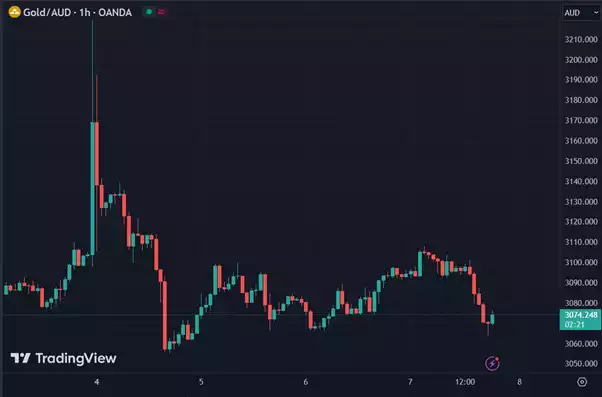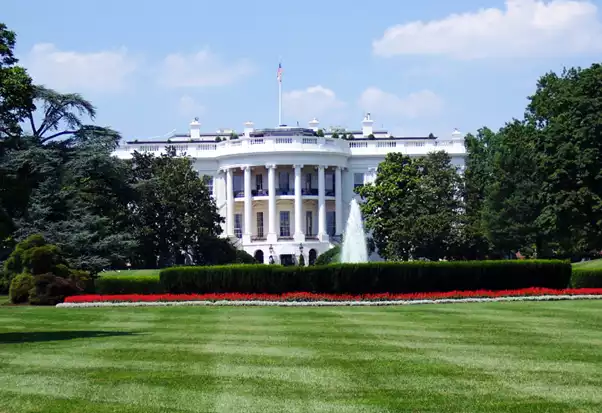AUD Gold Price Down $135. Can Biden Save Stocks?
News
|
Posted 08/12/2023
|
2388
Gold (in Australian Dollars) is currently down $135 from its recent high on Monday. This is potentially from profit taking, shorting and some surprising strength in the Australian Dollar last night which gives us some additional buying power for now.

There is also some emerging hope that the election cycle in the US will save the stock market. In anticipation of the 2025 presidential election, Jeffrey Buchbinder, Chief Equity Strategist at LPL Financial Research, has been analysing historical trends within the S&P 500, emphasizing the resilience of the market during election years dating back to the 1952 election. Despite a notable contrast with the nearly 17% average gain observed in year three, Buchbinder asserts that the 7% average gain during presidential election years should eliminate any concerns regarding the potential for the election to disrupt the prevailing "bull market."
Buchbinder mentions a much-discussed perspective by highlighting the substantial uptick in the average S&P 500 gain during re-election years, such as the upcoming 2024 election, which sees a jump to 12.2%. This pattern, according to Buchbinder, is attributed to the incumbent's proactive measures leading up to the election, including fiscal stimulus and pro-growth regulatory policies aimed at averting a potential recession and fostering job growth. He also notes that presidents who successfully avoided a recession two years before their re-election secured victory, whereas those facing a recession within two years before re-election experienced defeat.
As historically validated as this sounds, this does make a couple of assumptions:
- That Biden will be the #1 choice for Democrats. Mobilising the country behind the current leader in an attempt to make him look more successful is a massive undertaking, and if he is seen as a lame duck, it may not be worth it. It could be more beneficial to instil feelings of hope and positive change in someone new and sharp. The ultimate goal of creating an attractive stock market is to create legitimacy for the leadership. If someone new will look more legitimate in the first place, it would be much more effective to allocate resources to them.
- A year is a long time. This does not mean there couldn't be a major drop or crash followed by a recovery that reaches a 7%-12.2% increase. Central banks have learned since the 2020 crash that people tolerate a quick crash and recovery as if it never happened. They no longer need a drawn-out, painful recession that lasts years and leads to social unrest that challenges government. The people stay happy and the big players can make tremendous fortunes on short positions and even bigger fortunes buying up shares at rock-bottom prices.

LPL Research itself has a forecast of a mild and brief recession in the coming year, potentially influencing the political landscape in favour of the Republicans/GOP. Despite this projection, LPL anticipates a relatively limited market response rather than an extreme crash. They see the support of interest rates coming to the rescue (although, to beat a dead horse, the crash historically comes after the pivot!).
Buchbinder also tempers this optimism by acknowledging the historical precedent of increased market volatility leading up to the late summer/early fall election period. This expectation aligns with historical patterns and serves as a reminder of the dynamics that may unfold as the election approaches.
And so the battle will ensue of fundamentals versus politics. Who will win?